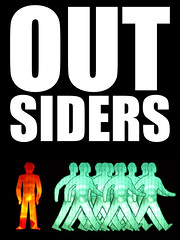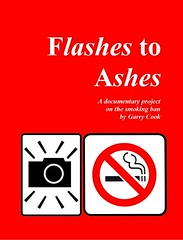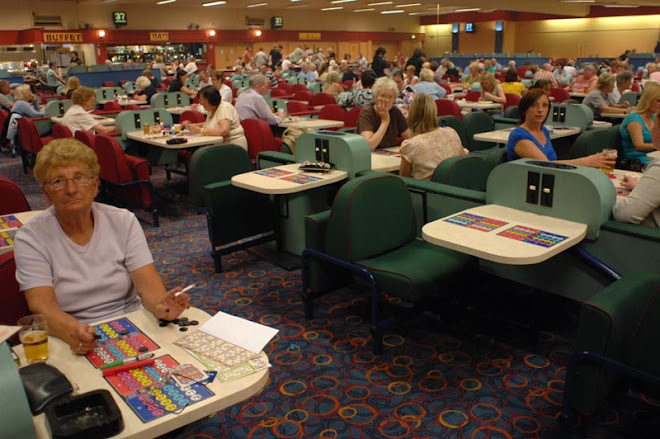Photography influences the perceived power of man and women.
Very basic point, this. But quite interesting.
Any photographer knows that taking an image of someone from a low level – looking up at them – increases the perception of strength.
Shoot from a higher vantage point above and you get the opposite effect. It’s a basic photography principle.
Or, to put it another way, the low viewpoint makes them look more powerful.
Researchers from several European universities led by the Rotterdam School of Management* found that more men were shot from a low viewpoint than women
This, the researchers argue, leads to a reinforcing of male and female stereotypes.
Paraphrasing here, it implies that:
Assuming that this results in more photographs of women shot from above being used in advertisements, magazines and newspapers, the media might unintentionally increase our perception that men are powerful and women are not. This strengthens our stereotyped ideas that women cannot become leaders, as our attitudes towards, and judgment about, other people are strongly influenced by the way they are portrayed in the media.
Researchers go on to state that, gender aside, powerful individuals are more likely to be portrayed from below while the powerless get a higher viewpoint. This finding is rather predictable and not that interesting.
Media images were analysed from the collection of CORBIS®, Time Magazine, and World Press Pictures.
*Those researchers and universities in full: Dr Steffen R. Giessner, Associate Professor at Rotterdam School of Management, Erasmus University (RSM), and his colleagues Professor Michelle Ryan (University of Exeter, Exeter), Dr Thomas Schubert (ISCTE, Lisbon), and Dr Niels van Quaquebeke (Kuehne Logistics University, Hamburg).
PICTURED: Armwrestlers from Blackburn, Lancashire, taken from a low viewpoint to emphasise strength and power.






